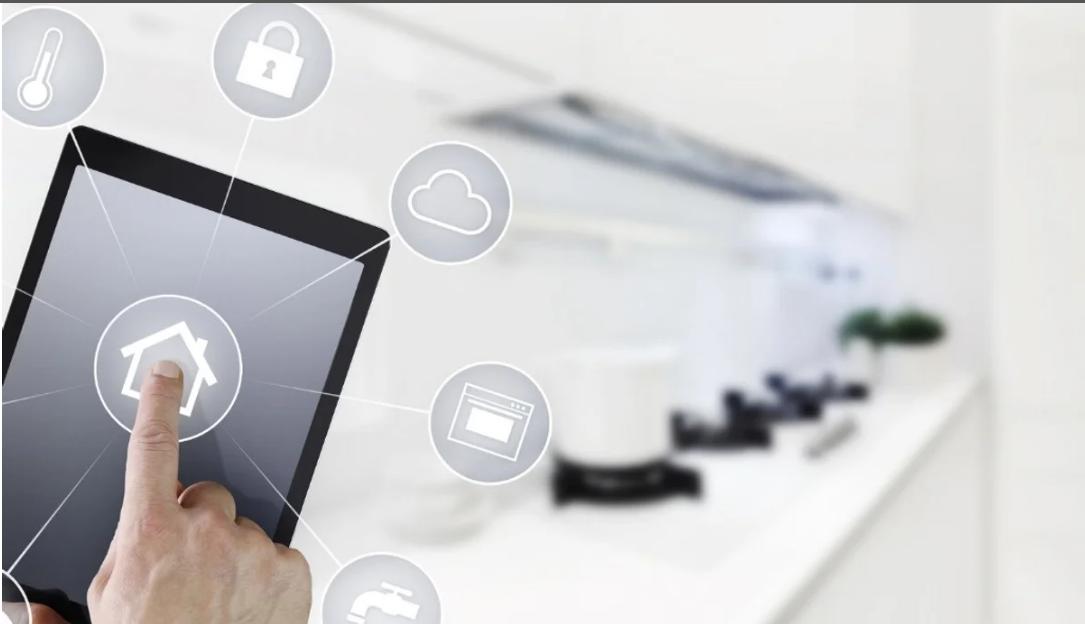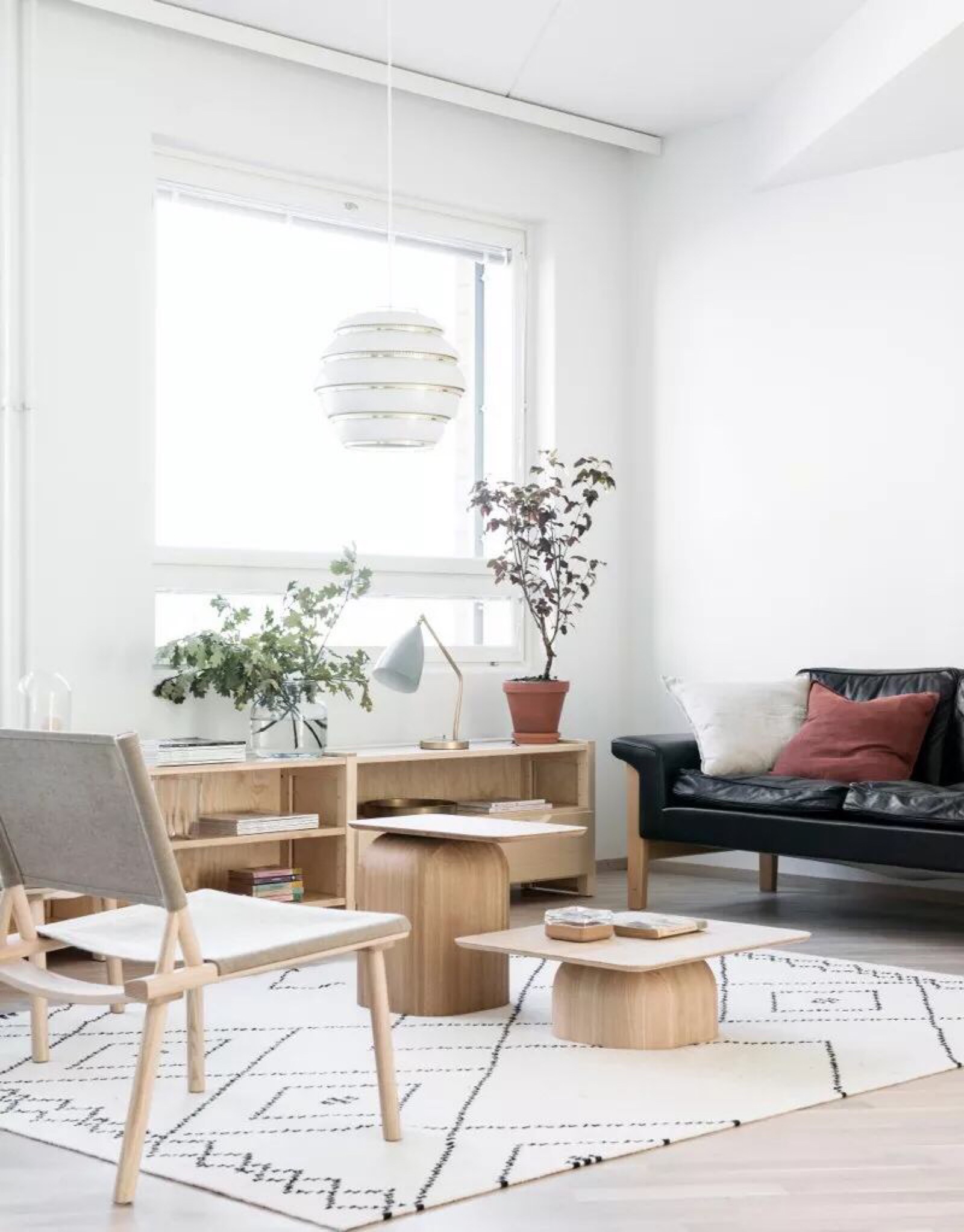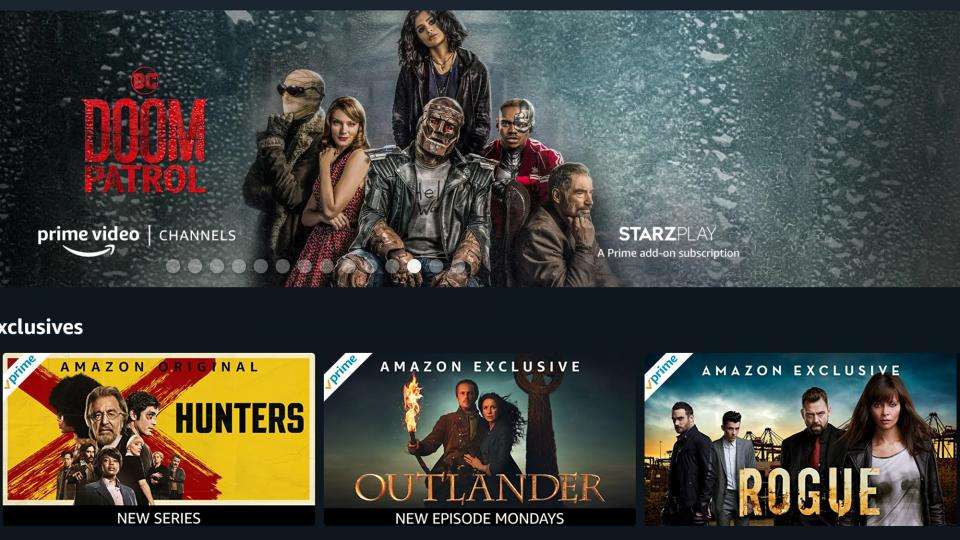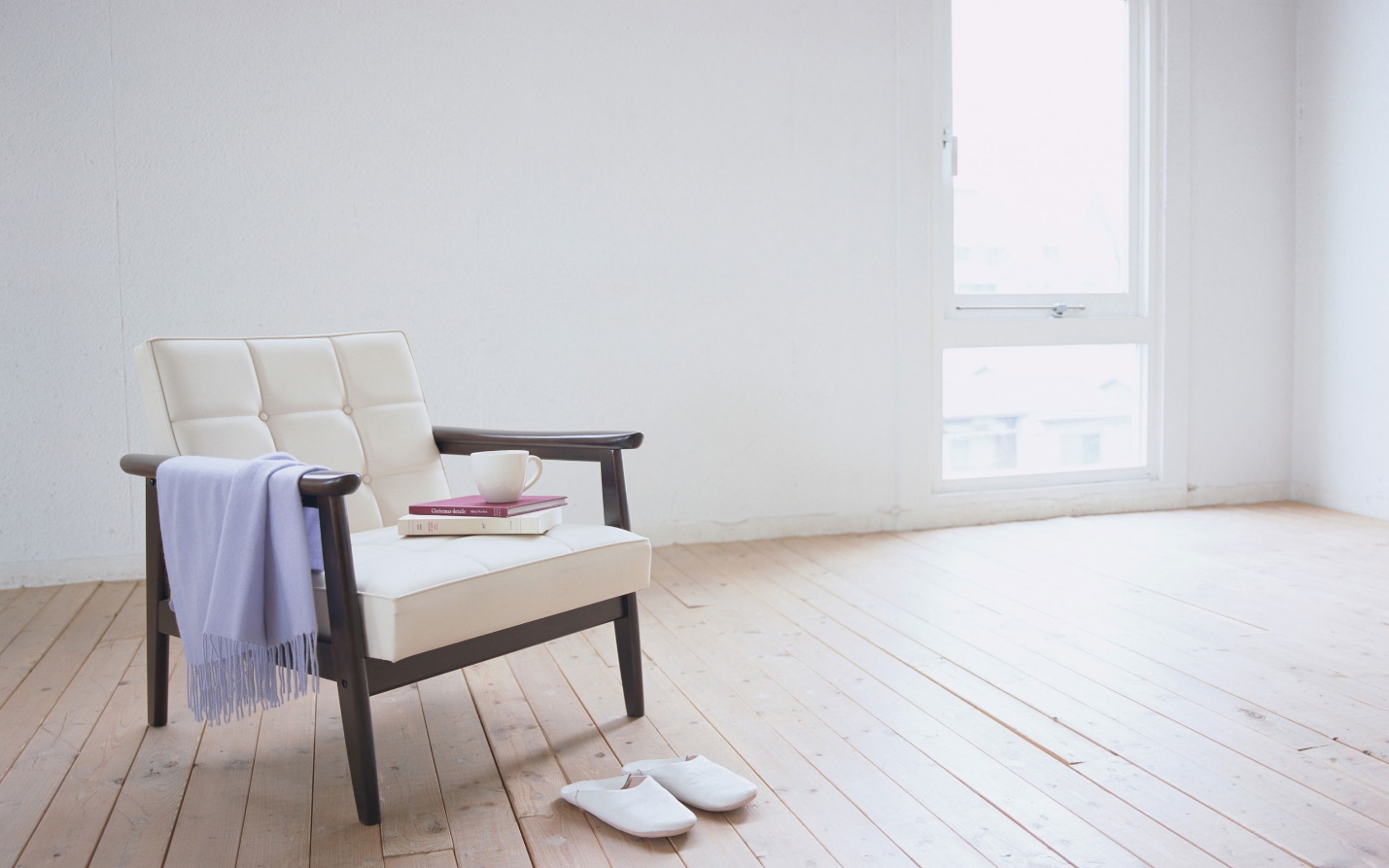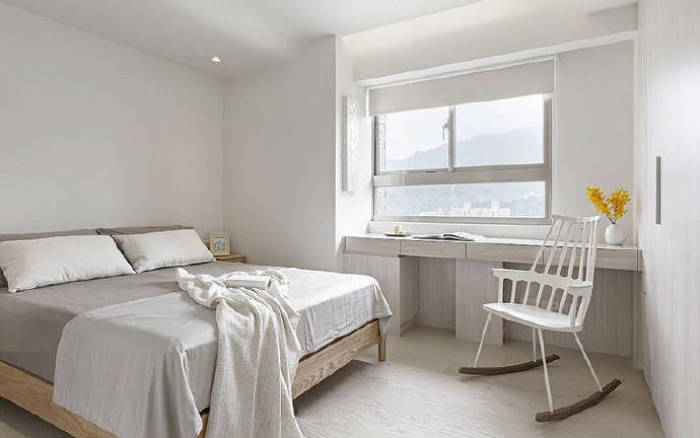
Some people are always early, never forget to pay a bill, and look put-together every time you see them. What’s their secret? Often, it isn’t magic, but a dedication to examining what works in their home, fitness, personal, financial, and day-to-day life. In short, they’ve organized their lives much the same way you might organize a pantry.
There’s no need to think these goals are unreachable. With a little planning, you can conquer what seemed unattainable in the past. It may seem daunting at first, but with the right mindset, advice and tools, organization can become automatic. We asked seven professional organizers for their best organize-your-life tips, resulting in seven ways to organize your entire life in 2021.
Ask three important questions:
Before you tackle any kind of organization, it is important to answer three questions, according to Sherri Curley , a professional organizer from Portland, Oregon:
What areas of your life could benefit from improvement? Is it space, time , finances , relationships , or possibly a combination of these? “If you look at interior design television programs thinking, ‘That’s what I want my house to look like,’ that’s great,” Curley notes. “Ask if it’s realistic for you, your time, and budgetary constraints.”
Second, what specifically isn’t working? Consult a neutral observer such as a professional organizer for optimization ideas if you’re stuck. Third, ask yourself what is working. “Build upon the success,” Curley urges. “If you’re strategic at time management at work, but not so much at home, is there a calendar system that keeps you on track in the office? Is accountability something that motivates you?” If so, you might want to find an accountability pal to keep you on track for any new habit you’re looking to pick up.

If you want to prioritize fitness and self-care:
Making time for fitness and self-care should be a priority, but it’s easy to put these tasks off to later. Eileen Roth , an organizing expert and author of “Organizing for Dummies,” recommends starting small, such as with a walk in a neighborhood (just don’t forget to wear your mask in the neighborhood). If it’s too cold to exercise, taking time to complete a quick stretch can help you remember that you don’t need to break a major sweat to reap the benefits of exercise.
The point is to dedicate even five minutes whenever you can, until your habit sticks. “Deviating from a routine throws everything off,” Roth says. If you’re feeling good physically and mentally, chances are you will feel motivated to want to tackle organization in other areas of your life.
Find the calendar style that’s right for you:
Utilizing a planner , whether it is physical or digital, can help with organizing your day. “Find one that fits your style,” Roth says, adding that some people might prefer to micro-manage themselves or look at bigger-picture plans for the day: “Maybe you like putting things on line by the hour, or maybe you’re one of those people who prefer to just write down appointments and your top three priorities so you prefer squares to fill in what you are doing for the day,” she explained. The more you can tap into what kind of person you are, the more likely you will be to follow your plan.
Stacey Agin Murray , a professional organizer from Fair Lawn, New Jersey, agrees. “Calendars keep us organized by offering a visual representation of our time,” she says. “It takes all of the tasks you need to accomplish, the places you (and your family) need to be, and other information out of your brain and puts it in a place that can be quickly and easily referenced.” She adds that the right calendar might also “help ease anxiety, create accountability, and offer us the ability to prioritize our time and plan ahead.”
Spend a few minutes consolidating your financial information:
Planning for the future can help you organize your finances—and fast. “If you’ve been putting off creating a will, don’t delay any further,” Andrea Woroch , a nationally recognized finance and money-saving expert, tells Apartment Therapy. This is especially important if you own a home or have children. Documents like a power of attorney, guardianship for children, and health directives are best discussed before a health crisis occurs.
For day-to-day finances, manage your financial accounts in one place by using an app or software such as Mint, Quicken, or Personal Capital. Linking credit cards, bank, retirement, and any investment accounts helps reduce searching for individual accounts and allows you to see a bigger picture for your spending and investment goals.
Bridges Conner , a professional organizer from Phoenix, recommends eliminating stacks of bank statements and other financial paperwork by opting for digital statements rather than paper bills. It also helps to schedule your bills on automatic payment ahead of time.
Take 15 minutes at the end of each day to plan for the next:
Most of us are trying to juggle multiple obligations, including work, parenting, and social calendars. It is easy to become distracted if there isn’t a plan in place. Some people swear by planning each day’s to-do list in the morning, but Katherine Lawrence , a professional organizer and KonMari consultant, recommends another approach.
“Take 15 minutes at the end of each workday to plan for tomorrow,” she says. “Prioritize your list based on what activities generate the most productivity and excite you creatively. It is much easier to start your day with a plan than struggle through the day being distracted by emails, calls, and impromptu tasks.”
Manage your digital life to save yourself time in the long run:
Phones are an integral part of most people’s lives, but they can also take away the attention you give to what is important.
“Set limits to your phone use,” Bianca Kamh i, a certified holistic health and accountability coach from New York, says, adding that you might want to pay particular notice to how much time you spend on social media. She also recommends taking days off from social media and using time limits for apps.
For a more organized digital life, Susan Rosenbaum , a certified photo organizer based in New York, encourages people to actively delete what isn’t working for them on their phones. Deleting uninspiring photos or videos, outdated screenshots, apps that you don’t use, and unsubscribing from email services that aren’t serving your life anymore can help you save time you might have spent doomscrolling through unnecessary worries.
Use the lessons from the past year to plan for this one:
Last year, cancelled plans and the uncertainty of the pandemic left me feeling completely unorganized. Once I accepted the year would be unlike any other time in my life, I looked to focus on what I could control. I made bite-size to-do lists with the goal of completing one to two items, instead of making it too complicated. This is a practice I plan to keep in 2021, especially because I know that for me, ambitious to-do lists only lead to procrastination.
“Reflect on what you have learned this year,” psychologist and life coach Ana Sokolovic tells Apartment Therapy. She recommended answering the following questions: What has made life harder or easier for you? What was encouraging and what was disruptive? What has been challenging? Whose support or help was valuable this year? What have you learned about planning in 2020?
“You already have significant experience with uncertainty from 2020, which can help you plan for the future,” she says. The important lesson is to start small, one step at a time. “If 2020 has taught us something, uncertainty demands patience and taking one day, one week, or one month at a time is important,” Sokolovic says. Breaking things down into smaller chunks will allow yourself to focus on one thing at a time and lessen the feeling of overwhelm.
